Pokémon NFTS rise sharply and polygons Courtyard reaches $ 42.66 million in stores
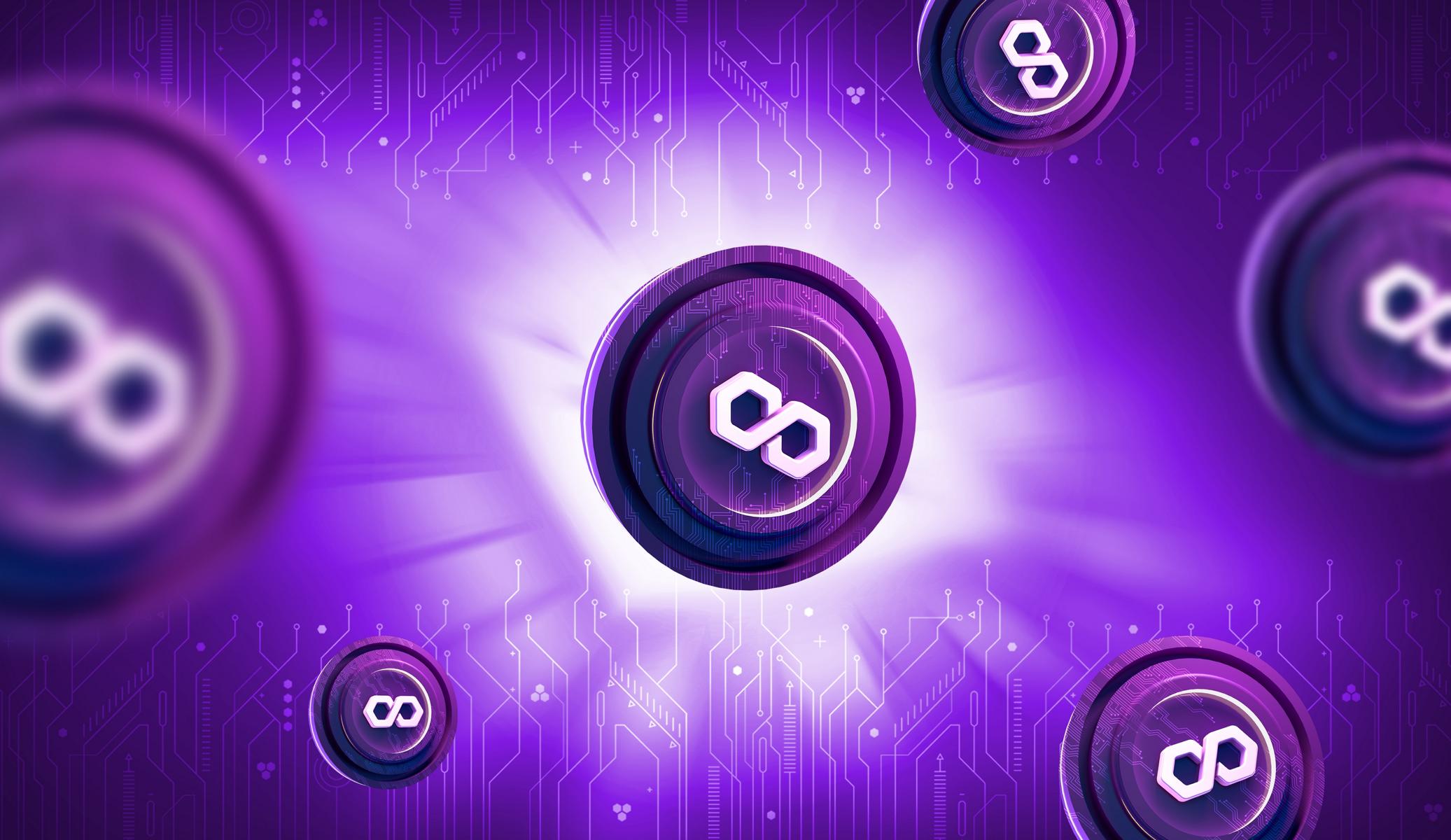
- Courtyard’s digital trading platform on polygon had $ 42.66 million of transactions, with Pokémon cards made 24.84 million from sales.
- More than 11,000 users have digital Pokémon NFTS, which makes Courtyard growing presence in RWA tokenization with polygons.
Courtyard, a digital card trading platform, hosted polygon, has experienced a massive increase in sales. With Pokémon cards the focus last month recorded $ 42.66 million in transactions.
From that, Dune $ 24.84 million on Pokémon card collections-more than half of the total sales. This not only shows the importance of polygon in RWA tokenization, but also that Pokémon is still attractive.
Pokémon NFTs on @0xPolygon @Courtyard_io shine: ~$25M Feb sales ($60M total), 11k+ holders, 980k+ cards sold at $37 avg.
Pokémon accounts for over 50% of Courtyard’s tokenized collectibles.
Pokémon’s timeless brand still ignites hype & revenue!https://t.co/svmFGleQcW
– Dune (@dune) March 10, 2025
Digital Pokémon cards strengthen polygons influence
While some collectors now turn to digital versions that are traded as NFTs on the blockchain, others continue to chase real Pokémon cards. With almost 980,000 Pokémon cards sold in one month and an average price of almost $ 37 per card, the demand for digital asset is enormous. In addition, more than 11,000 people currently have digital cards, which reflects a growing user base.
Due to this trend, Polygon – Courtyard’s home – gains dynamics. Polygon has proven to be a major participant in the race for a share in the expected $ 16-Billion market for the tokenization of real assets by the end of the decade.
Several large companies, including Franklin Templeton with a fortune of $ 1.53 trillion and the South Korean mixed group Mirae with a value of $ 500 billion, already use the network for tokenization, as we have already reported.
At the time of the editorial deadline, the course from Matic was around $ 0.2171, which corresponds to an increase of 2.63 % in the last 24 hours and increases market capitalization to over $ 415 million.
Polygon and blockchain in the entertainment
On the other hand, large game companies also begin to experiment with blockchain, albeit with contradictory results. Ubisoft recently introduced “Captain Laserhawk” for PC: The Game, a top-down multiplayer shooter based on the blockchain technology.
Although it contains legendary characters like Rayman, the game was started with minimal advertising, which is probably due to the failure of Ubisoft’s earlier blockchain projects. An NFT is required as an admission ticket for access to the game, so the registration process is somewhat more complex than with conventional games.
In the meantime, the fashion industry does not fall by the wayside. In cooperation with Nicola Formichetti, Pascal has developed a collection of phygital keys – a mixture of physical and digital goods. Fashion companies follow a new trend by with their customers NFTs offer unique experiences.
Customers now buy digital versions that can be collected or traded on blockchain systems, in addition to physical articles that they used to buy only once.
That means one thing: tokenization is no longer just an experiment. From fashion that slowly penetrates into the digital space, to Pokémon, which are still dominated by the NFT sales, and blockchain-based games that are spreading further and more, everyone shows how blockchain technology is gradually being used in many different industries.


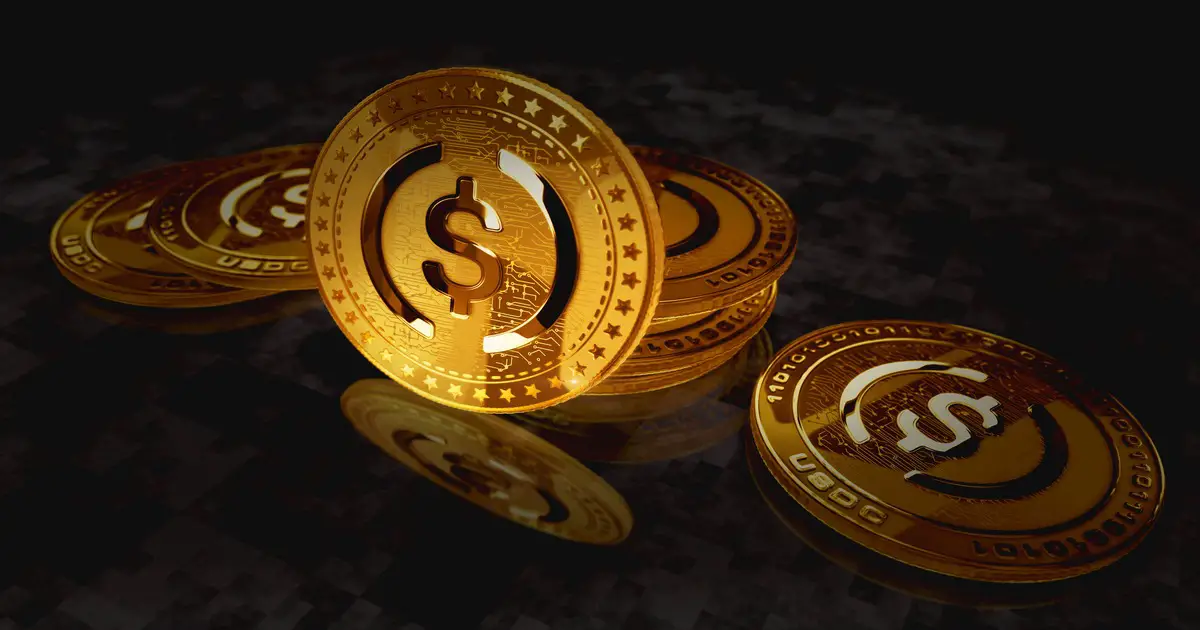
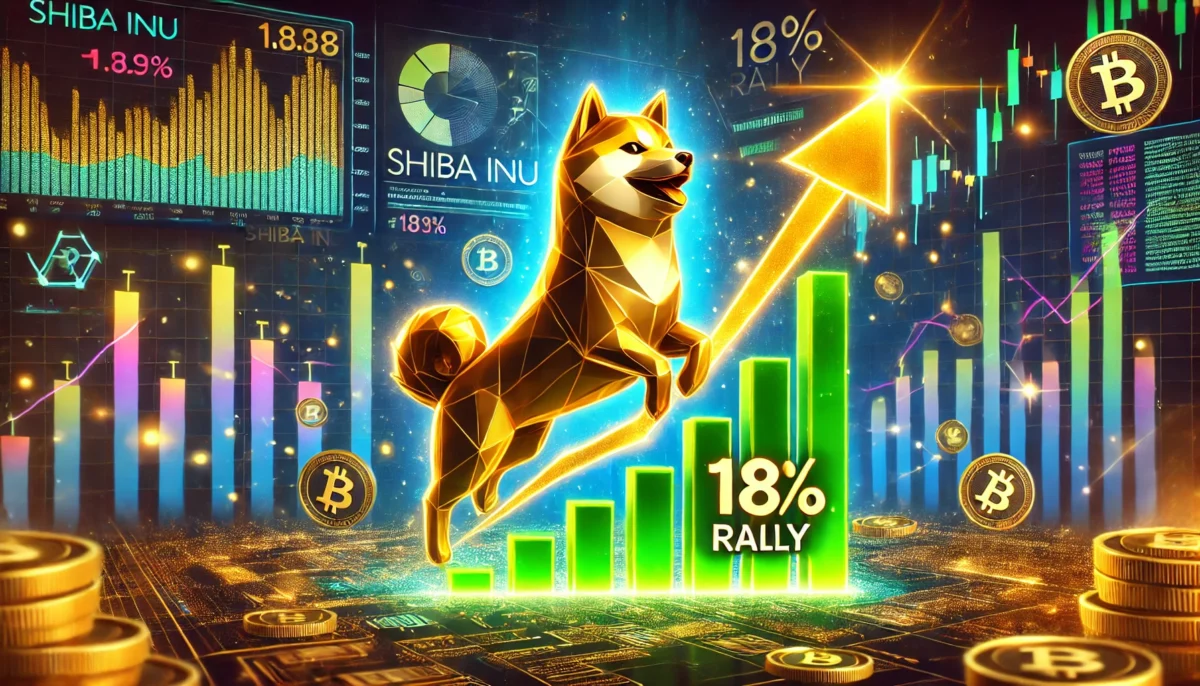
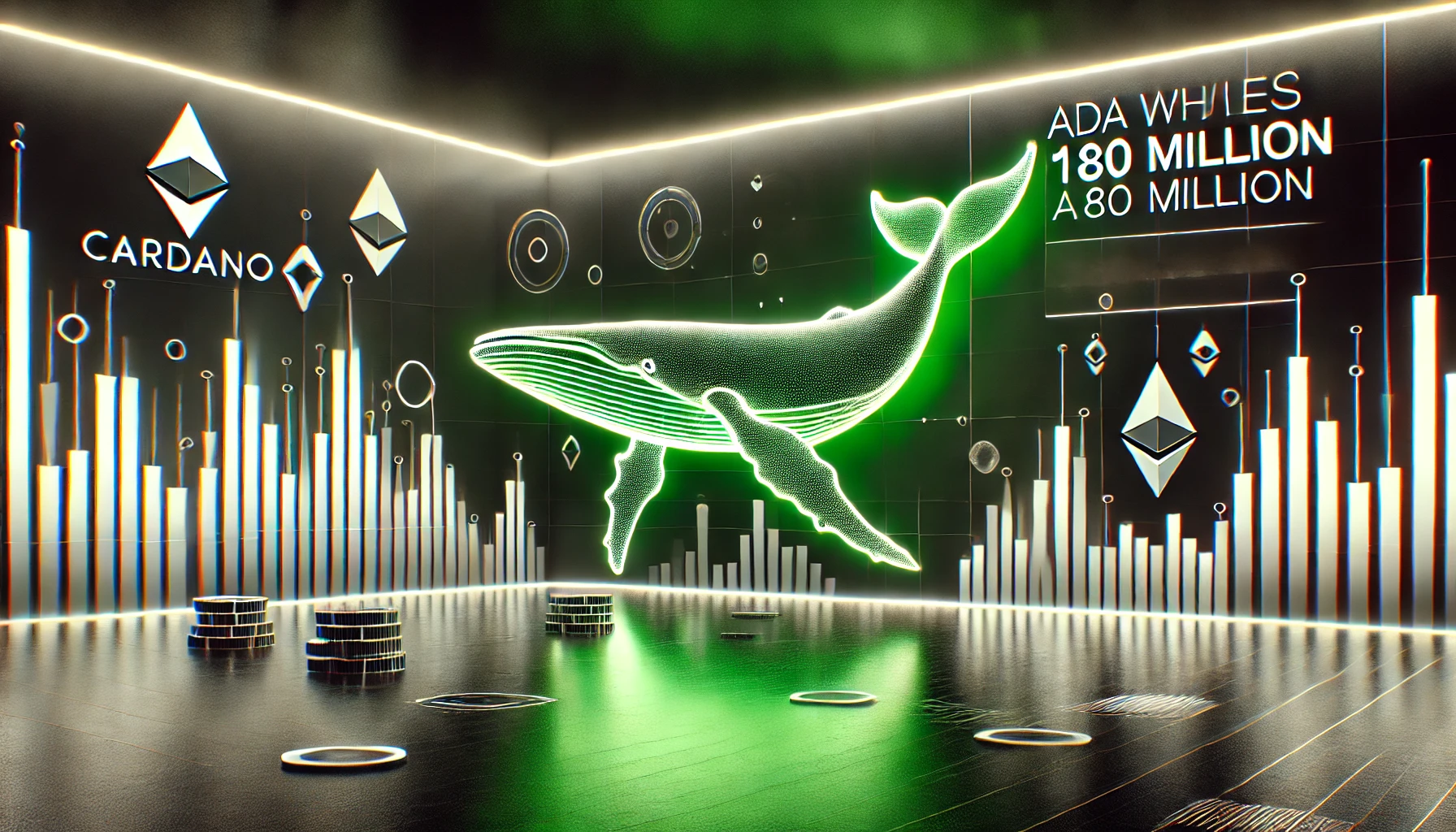



No Comments